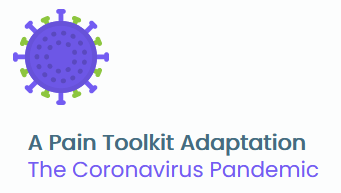
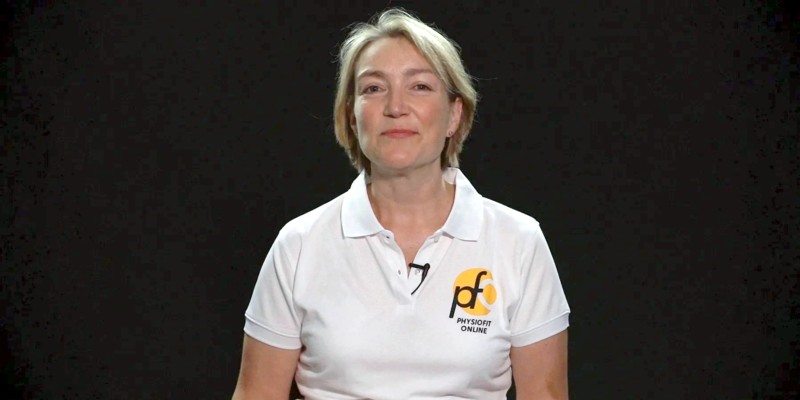 Physiotherapist Katie Knapton from PhysioFit and Pete Moore from the PainToolkit have co-written a self-management guide for people suffering with Long Covid. This is free and entry-level information to try and help people on the path to recovery.
Physiotherapist Katie Knapton from PhysioFit and Pete Moore from the PainToolkit have co-written a self-management guide for people suffering with Long Covid. This is free and entry-level information to try and help people on the path to recovery.
If you are noticing any worsening symptoms especially in terms of chest pain and shortness of breath it is vital that you are medically assessed. If you have been medically cleared, then it is still appropriate to have support and to monitor symptoms.…
Read more of this article

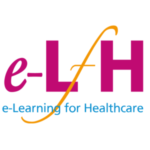
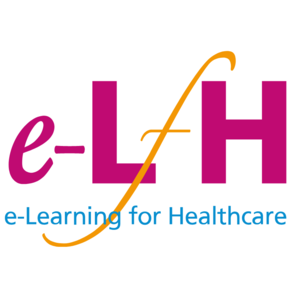 e-Learning for Healthcare has published a national training session providing an introduction to long COVID, looking at its definition, common symptoms, investigations as well as the impact it has on adults and children.
e-Learning for Healthcare has published a national training session providing an introduction to long COVID, looking at its definition, common symptoms, investigations as well as the impact it has on adults and children.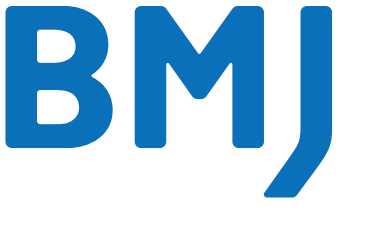

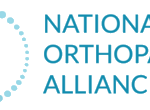
 NOA Webinar: COVID-19 Recovery Update
NOA Webinar: COVID-19 Recovery Update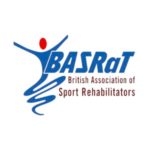
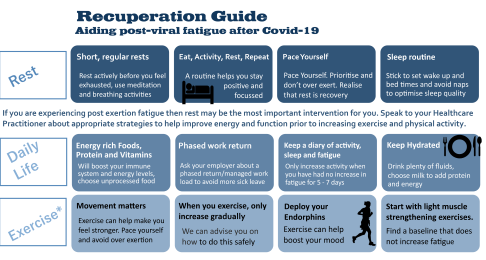

 by Sue Brown, CEO ARMA
by Sue Brown, CEO ARMA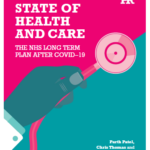
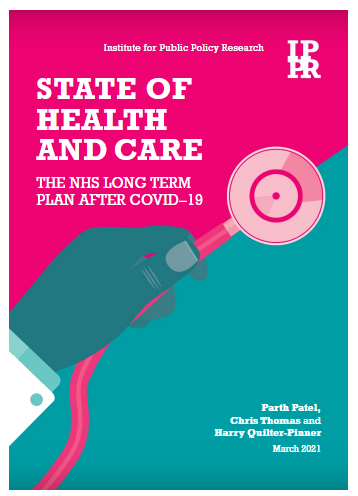

 PCRMM will be running a series of webinars throughout the year on a variety of subjects. The Society is committed to education and the dissemination of knowledge to help those involved in MSK care improve that care, their own education and generally to promote new findings and advancements.
PCRMM will be running a series of webinars throughout the year on a variety of subjects. The Society is committed to education and the dissemination of knowledge to help those involved in MSK care improve that care, their own education and generally to promote new findings and advancements.
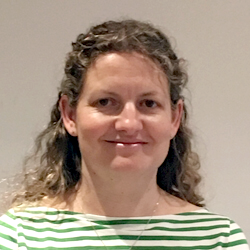 Guest blog by Emily Earle
Guest blog by Emily Earle